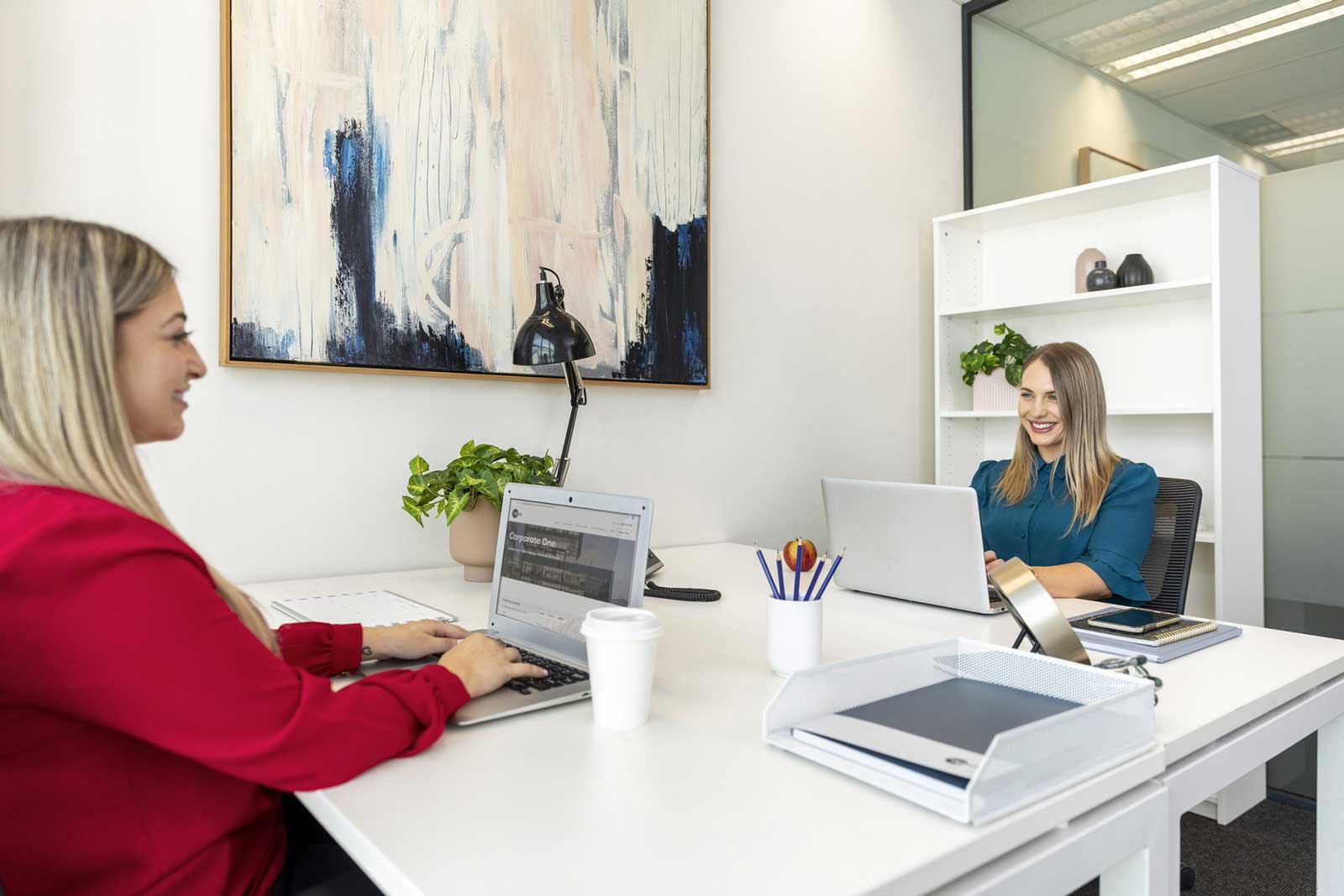Simply submit the form and we will be in touch shortly. Our friendly staff will you help you find the solution which best suits you and your business.
Flexible Fightback – How Flexible Work Practices are Fuelling the Post-Pandemic Recovery

Flexible Fightback - How Flexible Work Practices are Fuelling the Post-Pandemic Recovery
We get it. You don’t need us to tell you how radically the Pandemic Who Shall Not Be Named has changed the workplace forever. There have probably been about a trillion words written on the subject already.
The crucial question is, where is all this virus-inspired evolution in work practices taking us? The fascinating conclusion appears to be that the same strategies that helped us all cope and remain productive during some of the harshest lockdowns the world has seen are likely the guiding rudders that will help us navigate our way out of turbulent waters. Let’s look at a few of these and how they may contribute to a more robust and resilient economy now and into the future:
You could almost hear the collective whoop of delight as Australians – particularly Melburnians – ripped off their face masks and headed back to the office once target vaccination rates were achieved. However, if you’re reading this in the office right now (hopefully on your lunch break…), take a look around. Notice anything different? In all likelihood, there are not quite as many people at their desks or milling about the water cooler as there were a couple of years ago.
It turns out that many of us quite like the convenience of working in our fuzzy slippers and the pants-optional video meeting. In fact, a study by the Australian Government Productivity Commission found evidence that some people would even consider a pay cut to continue the remote working lifestyle.
There is no question that there are certain advantages to working from home and that some people are simply better suited to that lifestyle. That’s why an estimated 20-25% of people are predicted to continue to work remotely between 3-5 days per week for the foreseeable future. That’s in comparison to a mere 5% just a couple of short, virus-riddled years ago. Clearly, a more flexible approach to the work environment is here to stay.
If you bought shares in Zoom in 2019, you’d be a pretty happy camper right now. Pretty much everything we do at work has been digitalised and automated. Many of these technologies pre-dated the pandemic but came to the fore out of sheer necessity. Others emerged to fill gaps that the new reality created. Either way, we’re all far savvier and digitally connected than ever.
If you’ve ever stood in the queue waiting for a COVID test, while simultaneously Slacking with your colleagues, emailing clients and updating your company’s CRM – all via your phone, you’ll know that we are living in a different, more nimble world. One in which virtually everything can be done from virtually anywhere. These technologies are very much here to stay. As we emerge from our lockdown caves squinting and pale into the light of freedom, there can be no question that we will continue to rely heavily on them.
It’s no secret that the pandemic left a trail of economic collateral damage in its wake. However, as always, one sector’s pain is another’s pot of gold. The Australian start-up scene has been booming with an influx of ideas as new and existing players have been aggressively innovating to seize opportunities made possible by the new reality. Whether it’s fintech, e-commerce, digital marketing or a host of other niches, the creativity and resilience of Australian entrepreneurs has been firmly on display.
Many of these start-ups involve a handful of people, or even a single individual. More and more frequently, they may not have any employees at all, opting to source freelance talent via the gig economy. This allows them to bypass the fixed costs associated with maintaining regular staff and the HR red-tape and headaches that inevitably come from managing a workforce.
More people opting for remote work. Technological advances that help keep us astonishingly productive outside of the office. The expansion of smaller, innovative companies with radically different business models. All this points to a seismic shift in how we think about the office in general.
Many organisations are asking themselves whether they can continue to justify the expense for a space that is no longer utilised to its capacity. Meanwhile, a slew of startups are bypassing the office environment altogether and opting for a predominantly virtual work model.
It is clear that a more imaginative approach to the office environment is required to keep up with the work evolution. As the economy stretches its legs and strides towards recovery, alternatives such as Serviced Offices, Virtual Offices and Co-Working offer the flexibility and range of choice that allows companies to choose the environment that precisely their needs.
For the fully virtual start-up, a Virtual Office can provide the veneer of respectability and business support services that can keep them functioning efficiently while making a positive impression. More established organisations may find that a Serviced Office offers them everything they need in a work environment with a far more convenient and affordable monthly price tag and no upkeep.
Others may feel that a mix-and-match approach serves them better, relying primarily on a remote model but utilising Day Offices when the need arises to get the team together in one place or meet with clients.
Whatever the case, APSO is perfectly placed to meet the needs of the new economy. With a superb array of flexible workspace options available in a range of prime locations in Melbourne, Adelaide and Brisbane, we’re here to support post-pandemic businesses to achieve their goals and compare in a new and exciting landscape.
For more information on the options that APSO can provide to your company, contact us today.